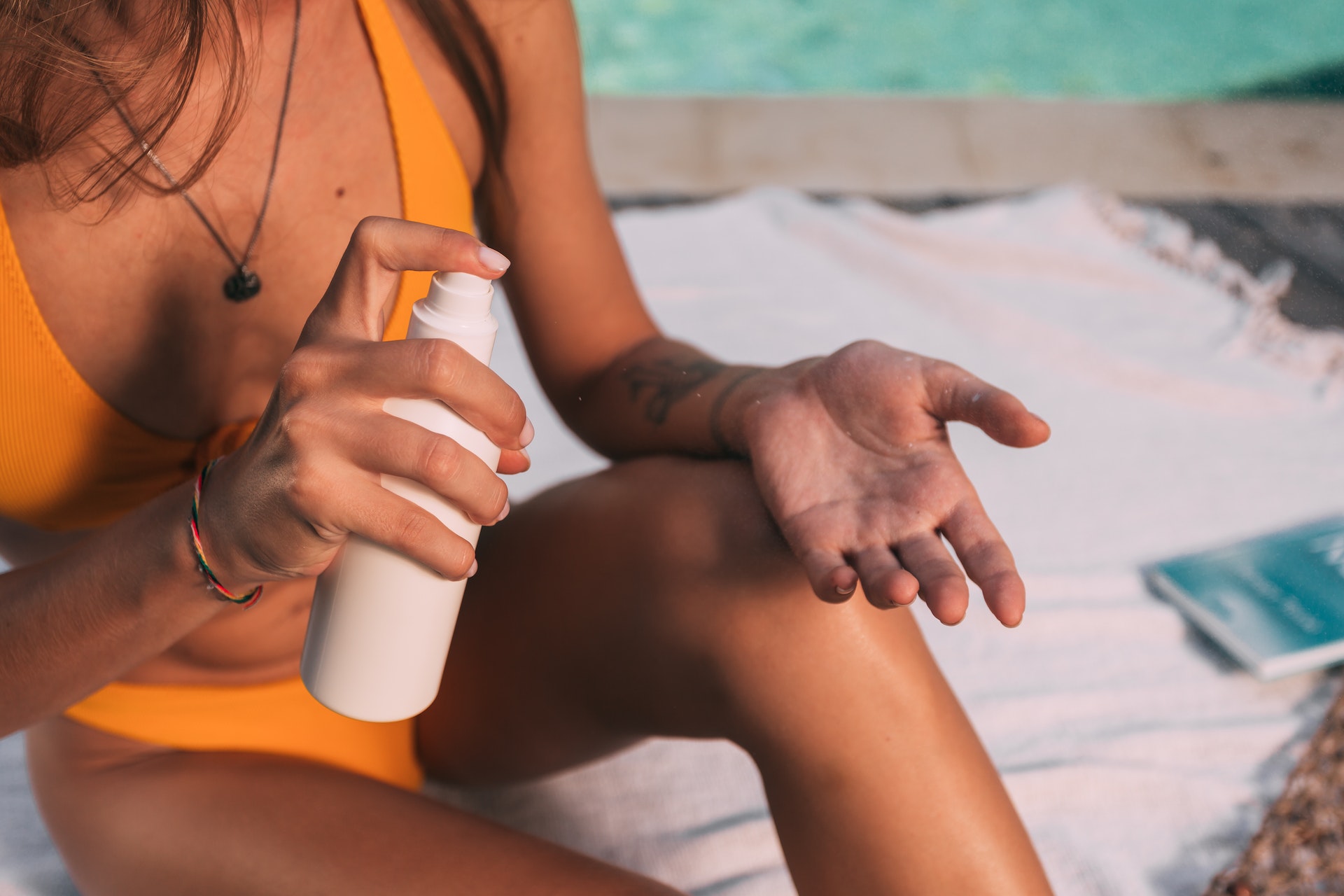
Latest Posts

14 March 2025
| Clearwater Health
Clearwater Benefits Partners with Well Aware to Provide Lifelong Access to Clean Water

07 October 2024
| Clearwater Health
Navigating the Pros and Cons of Healthshare Plans


26 August 2024
| Clearwater Health

